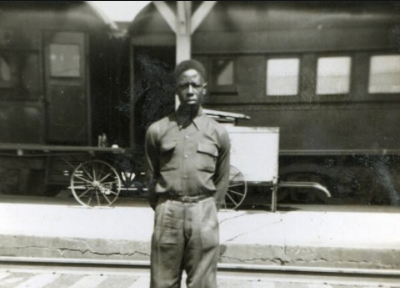
For the first time since 2014, EA Sports is bringing back their college football video game.
But what about name, image, and likeness?
Here's everything you need to know.
👇👇👇
But what about name, image, and likeness?
Here's everything you need to know.
👇👇👇

1) Launch Date
As of right now, EA Sports doesn't have a tentative date scheduled for release.
All we know is that it won't be for this upcoming season.
What about 2022?
That's more likely.
As of right now, EA Sports doesn't have a tentative date scheduled for release.
All we know is that it won't be for this upcoming season.
What about 2022?
That's more likely.
2) Teams & Licensing
EA Sports has partnered with collegiate licensing company CLC to accurately depict FBS "schools, traditions, uniforms, playbooks, and more."
In total, more than 100 teams will be in the game.
(Source @espn)
EA Sports has partnered with collegiate licensing company CLC to accurately depict FBS "schools, traditions, uniforms, playbooks, and more."
In total, more than 100 teams will be in the game.
(Source @espn)
3) Name, Image, & Likeness
With athletes currently unable to profit off NIL while in school, rosters within the game won't include the names, images, or likenesses of real college players.
If that changes, perhaps EA Sports adapts.
For now, the game is happening regardless.
With athletes currently unable to profit off NIL while in school, rosters within the game won't include the names, images, or likenesses of real college players.
If that changes, perhaps EA Sports adapts.
For now, the game is happening regardless.
4) Naming Rights
The game will no longer be called "NCAA Football" along with the year (Ex. NCAA Football '14)
Instead, EA plans to call it "EA Sports College Football"
Why?
I assume they are protecting themselves should the NCAA fail to exist in the future.
The game will no longer be called "NCAA Football" along with the year (Ex. NCAA Football '14)
Instead, EA plans to call it "EA Sports College Football"
Why?
I assume they are protecting themselves should the NCAA fail to exist in the future.
5) Financial Impact
Given the history of the game, I'd expect it to retail for ~$70 and sell around 3 million copies.
Quick Math:
$70 retail price
3M copies sold
———
$210M in revenue
What about 4M copies sold?
That's $280M in revenue.
Given the history of the game, I'd expect it to retail for ~$70 and sell around 3 million copies.
Quick Math:
$70 retail price
3M copies sold
———
$210M in revenue
What about 4M copies sold?
That's $280M in revenue.
6) For context, Madden drives more than $600 million in annual revenue for EA.
In total, the game has done almost $10 billion in sales since its initial release in 1988
In total, the game has done almost $10 billion in sales since its initial release in 1988
7) Revenue numbers can vary widely.
My math was solely based on individual unit sales at retail.
When you start to take into account microtransactions, etc., you're looking at a much higher revenue number over time.
Regardless, the number is high.
My math was solely based on individual unit sales at retail.
When you start to take into account microtransactions, etc., you're looking at a much higher revenue number over time.
Regardless, the number is high.
8) The agreement between CLC and EA sports covers most major FBS programs — over 100 in total.
Notable exceptions include:
Ohio State
Notre Dame
USC
Miami
Oregon
Georiga
Wisconsin
I assume EA Sports will carve out special agreements with those schools individually.
Notable exceptions include:
Ohio State
Notre Dame
USC
Miami
Oregon
Georiga
Wisconsin
I assume EA Sports will carve out special agreements with those schools individually.
9) Here's a good article, which breaks down most of the changes mentioned above.
espn.com/college-footba…
espn.com/college-footba…
• • •
Missing some Tweet in this thread? You can try to
force a refresh









